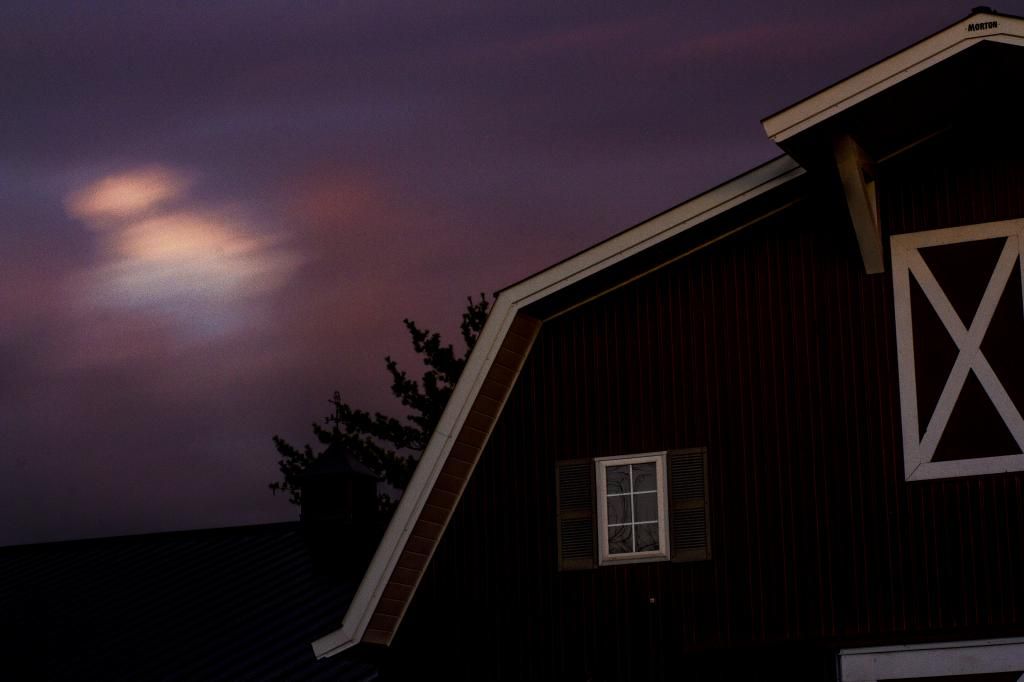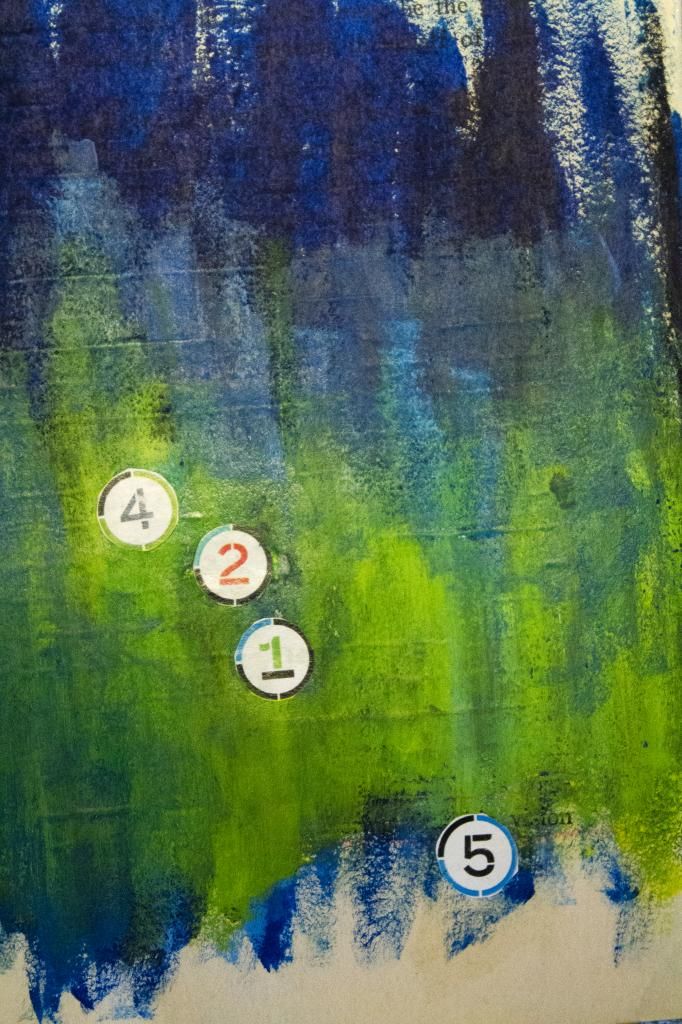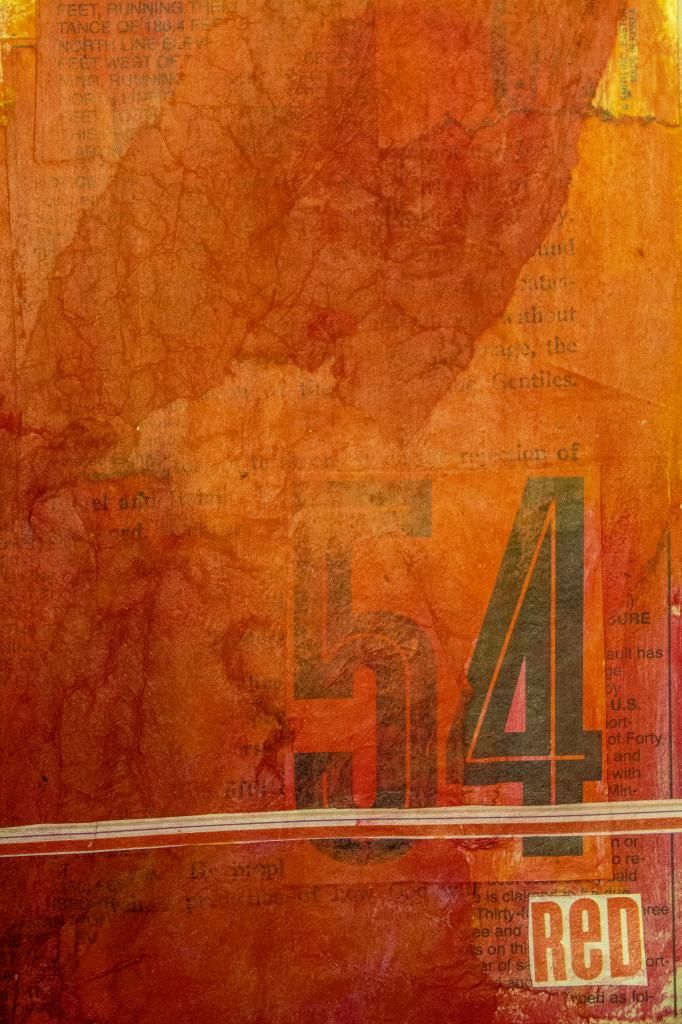I know that we’re supposed to like Jacob – he’s the hero of these stories
(Genesis chapters 27 -36); he’s one of the great patriarchs of the faith. He’s Israel, for crying out loud; we’re just
supposed to like him. But I don’t. Not really.
He’s a jerk. He’s a trickster and
a thief.
But there are some great stories about him.
Like this one as he’s fleeing from his family.
And fleeing with good reason – he’s just fleeced his dying father and
his brother of the patriarchal blessing.
Mother Rebekah told him that he should get out of town for a few days –
until things blow over.
So in chapter 28 Jacob is a fugitive. He’s
alone, on the run, fearing for his life, an alienated from his family. He’s left Beer-Sheba in the Negev and is
making his way toward Harran (in modern day Turkey) where his grandfather Abram
(Abraham) once lived.
The lectionary reading from the Psalm (Psalm 68) that accompanies this
narrative makes an amusing connection here.
“God restores the lonely to their
homes, sets free the imprisoned, safe and sound, while the rebellious must live
in a parched land.” The place name “Harran”
(not to be confused with the personal name Haran) means “parched”.
This describes Jacob pretty well.
He stops for the night in the middle of somewhere – he doesn’t seem to
recognize the cultic significance of the place – and pulls up a stone to use as
a pillow. And there, he has a dream.
He dreams of a “ladder” – that famous
“Jacob’s ladder” which is more accurately
a “ramp” or a “staircase” think of the
long sloping staircases of the middle
eastern ziggurats – with one end planted firmly upon the ground and the
other reaching into heaven. And going up
and down upon this stairway / ramp / ladder are the angels of God.
And God is there too standing either upon the ladder or directly upon Jacob
(the Hebrew is a bit ambiguous – and I think it funny to picture Yahweh
standing on top of Jacob’s head.) In
this visionary dream, God promises to be with and to protect this fugitive
trickster thief. God promises to bring
him home safely and to greatly bless his many descendants.
Jacob, the trickster thief, has only ever taken from people. By hook or by crook, he’d wheedle and
connive, and deceive if he thought you might have something he wanted. But here is God, giving it all to Jacob. Freely.
Without lecture. Without correction. Without stern discipline. Without conditions. God promise to protect,
defend, and bless this miserable Jacob.
This is, I should point out, the first time that God has spoken directly to
Jacob. God has spoken to his
grandfather, Abraham, and to his father, Isaac.
But this is the first time that Yahweh God has spoken to Jacob. When he does, it is to promise –
unconditionally and unreservedly – to protect and bless this man and his descendants.
And when Jacob wakes up he is overwhelmed by fear. This is not altogether surprising. It is a dreadful and terrible and frightening
thing to come into the presence of the Living God. But in Jacob, I think this
fear was something more. He was always
fearful. He was fearful of his brother
Esau. He was fearful of his uncle
Laban. He is here fearful of the God who
has promised to protect and defend him.
Yet he does what comes natural. He makes that place as a sacred place. This is
a natural response to such a numinous experience. When Jesus went up on the mountain with Peter,
James and John and they saw him there speaking to Moses and Elijah, Peter’s
first response is to build a series of shrines to make the place as a holy and
sacred site.
Jacob sets up the stone that he’d used as a pillow, now as a pillar, and anoints
it with oil. “Surely God is in this
place and I didn’t even know it. And this
is the house of God!”
Now if the story had ended there – I might have a bit more respect for our
supposed hero, Jacob. If, having experienced
the overwhelming presence of God he’d come away a changed man – even ever so
slightly changed – then I could find something in him to appreciate.
But the story does not end there.
No. Jacob opens his mouth and
proves that he’s still very much the trickster thief Jacob. After God has already given him this
unconditional and unreserved promise, Jacob insists upon trying to manipulate
the deal. He lays out a number of conditional
statements: IF God will go with me and
keep me safe, IF he will bring me home, IF he will give me bread and clothes
(those items given to slaves, though Jacob seems to expect much, much more than
bread and clothes) THEN and only then will I declare Yahweh to be my God.
Jacob was not changed by the spiritual encounter during the night. He was not transformed by the vision. He’s still that fearful, conniving trickster
thief, trying to work one over on God himself.



































